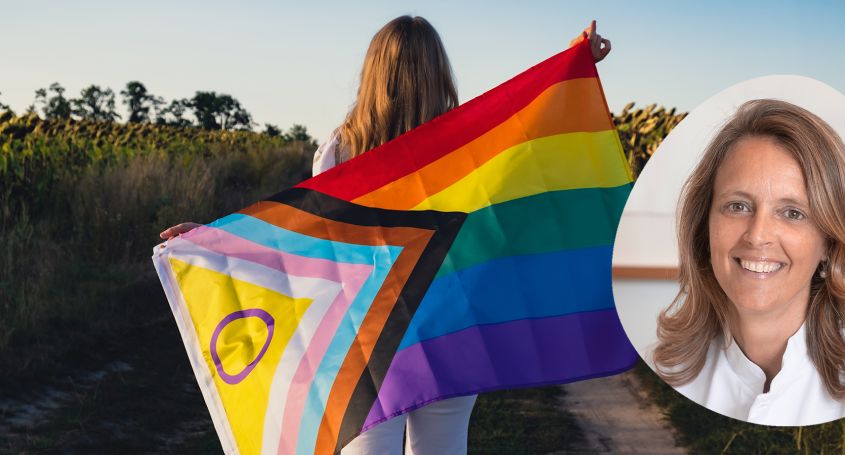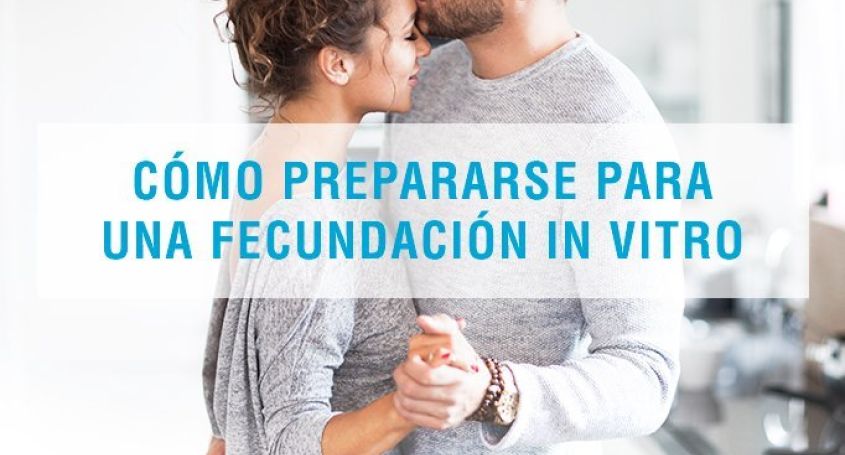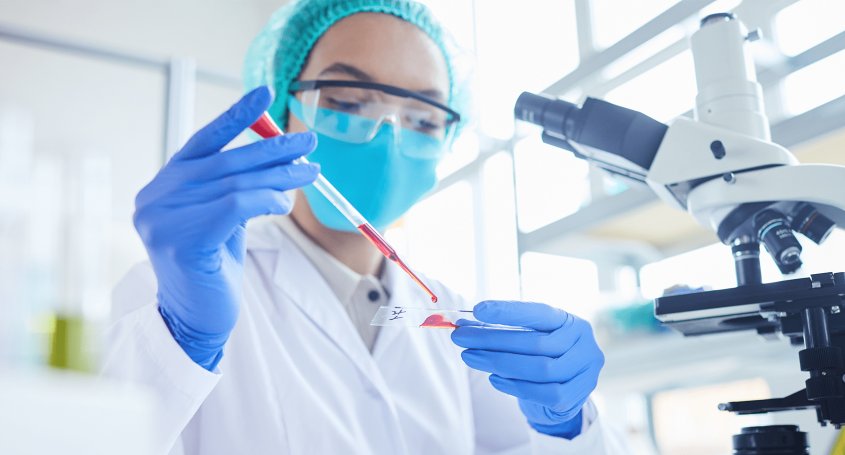Interview with Dr. Cristina Guix
The path to motherhood or fatherhood is not the same for all people. In the case of the LGTBI+ community, accessing assisted reproduction treatments can involve certain additional challenges, both medically and legally and emotionally. However, the evolution of reproductive medicine has opened a range of options for all families to fulfil their desire to have children with the appropriate accompaniment.
In this interview, Dr. Cristina Guix, gynecologist and specialist in fertility and assisted reproduction, will talk to us about the main alternatives for LGTBI+ couples, from the ROPA Method to insemination with donated sperm. In addition, we will explore the role of emotional support during the process and how Barcelona IVF works to offer an inclusive and safe environment for each family.
1. What are the main challenges faced by LGBTI+ couples when seeking fertility treatments?
Nowadays these couples have a lot of information available and most of them consult with an idea of the treatment they want to undergo to fulfill their desire to have a child. Years ago, patients were much more disoriented and did not know what treatments were available to them. Even so, the main challenge for them is to feel comfortable in the visit and to be able to express what their wishes and concerns are regarding the treatment. We must guide them and recommend the best options for their case.
2. The ROPA Method is an increasingly popular option for female couples. Could you explain what this method consists of and how it can benefit couples who want to share motherhood?
ROPA is the acronym for Couple Egg Reception (Recepción de Óvulos de la Pareja in Spanish). This means that in a couple of women it is possible for one of them to become pregnant with her partner's eggs. To do this, what we do is that the one who is going to donate her eggs (donor) performs an ovarian stimulation like in vitro fertilization; while the one who is going to get pregnant (recipient) prepares her uterus to perform the transfer of an embryo. The laboratory process is the same as that of IVF. The eggs obtained are fertilized with donor sperm and the embryos will be left in culture in the best conditions to obtain the maximum number of blastocysts. Currently the recommendation is to transfer one blastocyst and freeze the rest.
The ROPA method is really a shared motherhood since one woman donates her eggs and the other will be the one who will be pregnant.
3. Insemination with donated sperm is another important alternative for many LGBTI+ couples. What aspects should couples consider when choosing this treatment and how does Barcelona IVF guarantee that the process is safe and effective?
IAD (artificial insemination with donor sperm in Spanish) is the simplest treatment to achieve pregnancy. It should be borne in mind that its results are limited and that it is recommended especially in women with a good ovarian reserve and up to 38 years of age. Barcelona IVF ensures that the process is safe and effective by carrying out the necessary controls during the stimulation of the woman who performs the treatment and also with a selection of the donor according to the couple. It has been possible for years to obtain a genetically compatible sperm for the couple, so we must offer the option of "genetic matching" between the patient and the sperm bank to avoid possible genetic diseases as much as possible.
4. In addition to treatments, emotional support is crucial. How does Barcelona IVF address the emotional aspect of treatment for LGBTI+ couples, especially those facing social or legal obstacles?
The experience in reproduction for LGTBI+ couples allows us to help our patients in decision-making and support them in everything they need. Support from the different aspects of the treatment (legal, emotional...) is important so that the process develops as comfortably and easily as possible.
5. What advice would you give to LGBTI+ couples who are considering starting fertility treatment? What steps should they take to ensure they are making informed decisions that are appropriate for their situation?
I always advise my patients that they must have good information to make a good decision. It is true that sometimes we have a lot of information, but this is not in contrast with a person who can really give them the specific information for their case and advise them on the best for them. It is important to have the possibility of raising all doubts in confidence with a professional so that the whole process is as simple as possible and that the experience of the path to becoming mothers remains as a good memory for patients.
At Barcelona IVF we believe in fertility without barriers, where everyone can access personalized treatments adapted to their needs. We thank Dr. Cristina Guix for sharing her experience and providing clarity on this topic. We remain committed to accompanying all families on their path to motherhood or fatherhood, offering innovative options and comprehensive support at every step of the process.
















